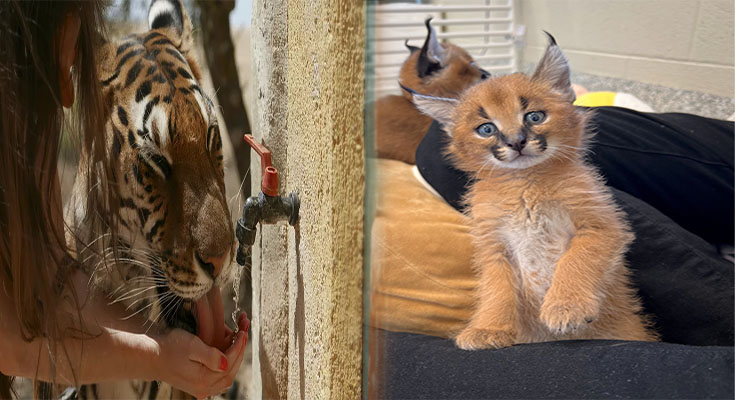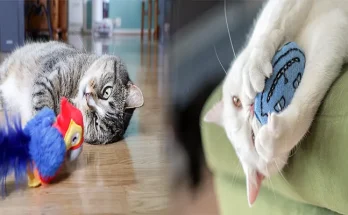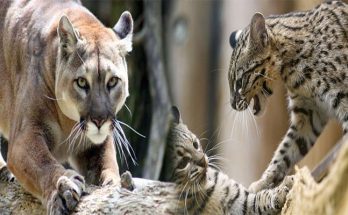Owning a big cat as an exotic pet can be an alluring idea for many individuals fascinated by these majestic animals. However, it’s crucial to understand the legal requirements and regulations surrounding the ownership of big cats in the United States. This article aims to provide an overview of the legal aspects and restrictions associated with owning big cats as exotic pets in the US.
The Captive Wildlife Safety Act
In 2003, the Captive Wildlife Safety Act was enacted to address the issues related to the private ownership of big cats and other exotic animals. This federal law prohibits the interstate trade and transportation of big cats for the purpose of the pet trade. This means that it is illegal to transport big cats across state lines for the pet trade, unless the individual or organization is exempt under specific regulations.
The Endangered Species Act
The Endangered Species Act plays a significant role in regulating the ownership of big cats as exotic pets. Many big cat species, such as tigers and lions, are listed as endangered or threatened under this act. As a result, special permits and licenses are required for the private ownership of these animals. This is intended to ensure that the conservation and protection of these species are prioritized, and that those seeking to own big cats must adhere to strict guidelines and regulations.
State and Local Regulations
In addition to federal laws, individual states and local jurisdictions may have their own specific regulations regarding the ownership of big cats as exotic pets. Some states outright prohibit the private ownership of big cats, while others may require individuals to obtain permits, licenses, and adhere to specific enclosure and safety standards.
USDA Licensing
For individuals or organizations looking to own big cats as part of a business or exhibition, such as a zoo or sanctuary, a license from the United States Department of Agriculture (USDA) is often required. The USDA enforces the Animal Welfare Act, which mandates specific standards of care and housing for exotic animals, including big cats.
Public Safety and Welfare Considerations
Beyond the specific legal requirements, owning a big cat as an exotic pet also raises concerns related to public safety and the welfare of the animals themselves. Many laws and regulations are designed to ensure that the animals are kept in appropriate conditions, receive proper care, and do not pose a threat to public safety.
The legal landscape surrounding the ownership of big cats as exotic pets in the US is complex and highly regulated. Individuals considering the ownership of big cats must thoroughly research and understand the federal, state, and local laws governing the possession of these animals. It’s essential to comply with all legal requirements, obtain the necessary permits and licenses, and prioritize the welfare and safety of the animals and the public. Failure to adhere to these laws can result in severe legal consequences and, more importantly, can lead to harm to the animals and pose serious risks to public safety.





